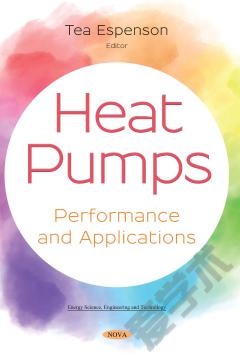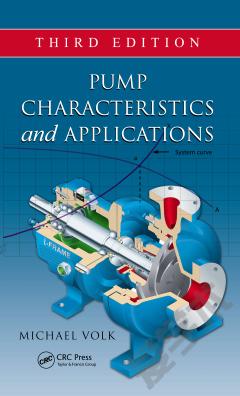Heat Pumps: Performance and Applications
In this collection, the authors evaluate the thermal performance of a ground source heat pump (GSHP) system for cooling a typical household in Tunisia. For this purpose, a complete GSHP system model was built by using TRNSYS simulation program, taking into account the hot climatic conditions of northern Tunisia. The authors also discuss metal organic framework (MOF) material, a new class of adsorbent material that has high surface area, high pore volume, highly tunable structural properties and uniform pore size. Heat powered adsorption heat pumps offer the advantage of using waste heat sources and renewable thermal energy, thus reducing fossil fuel consumption and CO2 emissions. The following chapter presents the major situations where heating and cooling demands could occur simultaneously and be satisfied by heat pumps. The heat pump performance expressed in terms of coefficient of performance and exergy efficiency is then presented for the subcritical vapor-compression thermodynamic cycle. Finally, the integration of such systems in buildings and processes is discussed. Next, the authors seek to demonstrate some antecedents of and technical information on GHPS (Geothermal Heat Pump Systems) on the world, and particulary Mexico. The results of the included study show that sand temperature depends on physical parameters such as grain size, grain shape, quarzt grains amount, moisture content and grain color. The final chapter describes alternative options for heat pump placement indoors and outdoors. The described examples focus on the modelling and measurement of noise levels resulting from heat pumps in the project designing stage and the operation stage.
{{comment.content}}








 京公网安备 11010802027623号
京公网安备 11010802027623号